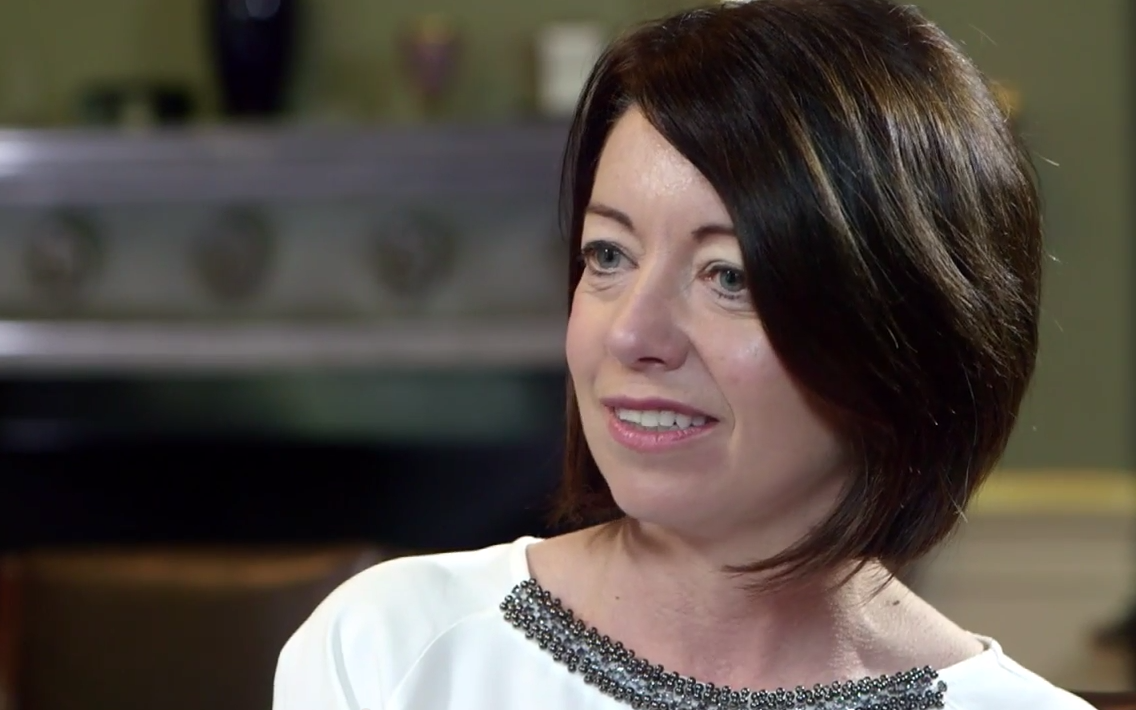
The move comes after data released by the Higher Education Authority in December indicated that women make up only 33% of its senior academic staff and 14% of professors.
Speaking in the video, Prof Linda Hogan, the university’s vice-provost, said it is committed to reversing the “unconscious bias” faced by women seeking promotions.
“One of the things we’ve done in Trinity is to introduce a process of training for all people who sit on promotion boards and we will roll this out also in terms of interview panels to ensure they are trained to interrogate their own unconcious bias, to ensure they are not expecting higher standards of women than of men,” she said.
The video, “Driving Excellence through Gender Equality”, also outlines College’s work on recruiting more women into the areas of science, technology, engineering and maths (STEM), through initiatives such as the Centre for Women in Science & Engineering Research (WiSER), which was established in 2006 with the aim of “recruiting, retaining, returning, and advancing” women in science-based academia in Trinity.
WiSER monitors and reports annually on the positions and progression of men and women in these disciplines – its most recent data indicates that only 22% of all academic positions in the Faculty of Engineering, Maths and Science are occupied by women, despite strong student representation.
Hogan highlights the importance of the information compiled by WiSER, as accurate gender-based data is vital in seeing problem areas, and “we can’t change what we can’t measure.”
Another initiative credited in the video is INTEGER, the five-year EU-funded project launched in 2011 with the aim of increasing the number of women in STEM areas, in order to strengthen European research.
Hogan affirms that projects such as INTEGER do not give women preferential treatment, or seek to promote women just for the sake of better statistics, but aim to ensure that women are “supported, mentored, and promoted on the basis of merit.”
Gender diversity will “add a different perspective to STEM research, increasing diversity, leading to enhanced creativity and ultimately greater innovation,” she says.
Speaking in the video, both Hogan and Provost Patrick Prendergast emphasise the need for a cultural change in the college community, which they plan to bring about by embedding “equality, inclusion, and diversity” in all college policies and practices.
Prendergast and Hogan both stress the benefits of diversity and balance, not just for its own sake, but as a way of improving creativity and innovation, encouraging new perspectives, and serving both individuals and institutions.
Prendergast claims that as his legacy, rather than “a building here or a building there”, he would like to leave behind a more diverse and therefore stronger college community, which will be, “by virtue of its diversity, better able to meet the challenges of the future.”
Hogan says has similarly ambitious, though more concrete goals, hoping to one day see a female TCD scientist win a Nobel Prize, as a direct result of Trinity’s equality projects.
The College Strategic Plan 2014-19 launched last month by An Taoiseach Enda Kenny commits College to “[advancing] a structural change process to incorporate gender-balanced representation at all stages and levels, thereby enhancing the quality of Trinity’s institutional decision-making”.
It also commits College to introducing the Athena SWAN Charter, which promotes good employment practices for female academics in STEM.






